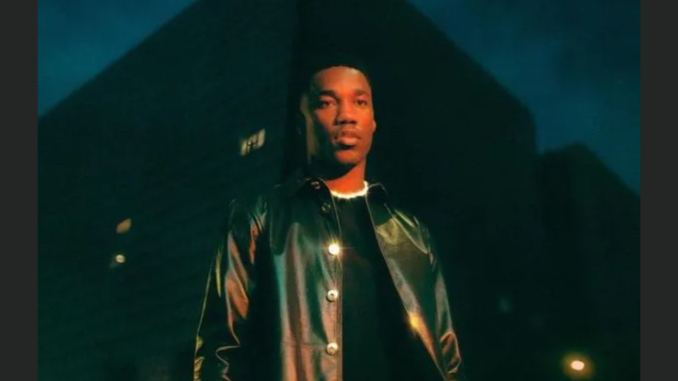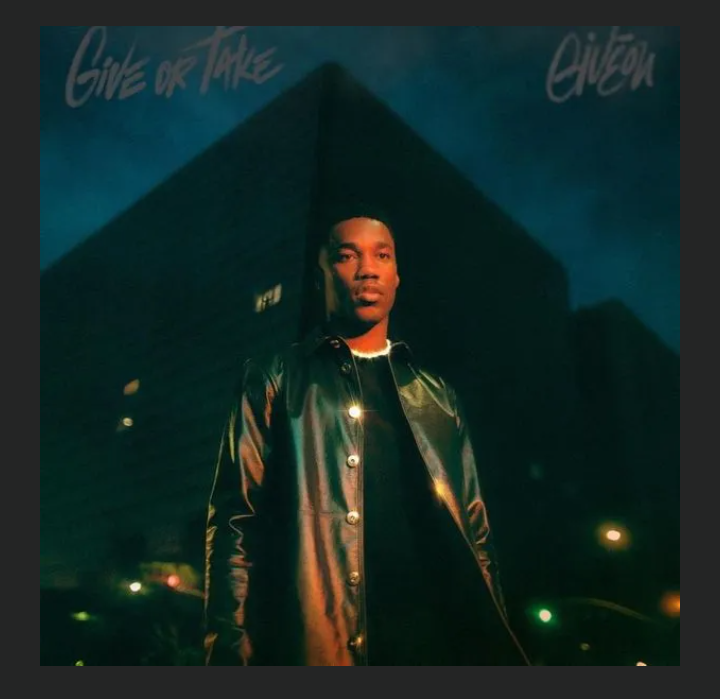

Giveon – july 16th MP3 DOWNLOAD
With “July 16th,” Giveon invites listeners into one of his most emotionally intimate moments—memorializing a specific date that symbolizes romantic collapse, vulnerability, and emotional closure. Known for transforming personal heartbreak into timeless R&B ballads, Giveon uses this track not as a cry for reconciliation, but as a final reflection on love that slipped through his fingers. It’s a timestamped heartbreak—a calendar day forever etched in memory.
If “Dec 11th” captured the quiet realization of loss, “July 16th” feels like the emotional aftermath—when all the talking is done, and all that’s left is to feel.
From the first few seconds, “July 16th” introduces itself as a slow, atmospheric ballad, built on gentle piano chords, ambient synths, and a stripped-down beat that barely rises above a whisper. The mood is sparse and haunting, drenched in reflection. The production doesn’t evolve dramatically over time—because this isn’t a journey forward. It’s a moment frozen in place.
There are no grand instrumental swells or catchy hooks here—just pure emotional stillness. It feels like staring out a window after a breakup, reliving every moment in slow motion.
Giveon’s pen is at its sharpest when he’s writing from personal specificity, and the choice to title the song “July 16th” immediately signals that this is not just another heartbreak song—this is about a day that changed him.
He opens with:
“You left that morning, no words / Just a look I still can’t shake.”
Right away, we know this isn’t a song of conflict or climax—it’s about emotional residue. The kind of ending where nothing explodes, but everything falls apart anyway.
Throughout the track, Giveon replays the smallest details—the way they looked walking away, the silence between them, the sense of finality he didn’t want to admit in real time. These micro-memories accumulate into a quiet devastation. He sings:
“I still set the table for two / Still hear your keys in the door / I know you’re not coming back / But July 16th plays on loop.”
There’s a bittersweet beauty in how he captures the mundane artifacts of heartbreak—the table setting, the phantom sounds, the rituals you forget to break. This is not a song of rage or revenge—it’s a mourning ritual, a sonic eulogy for a love that’s gone.
The chorus reflects this longing with simplicity:
“Can’t erase that day / Can’t forget your face / July 16th won’t go away.”
The fact that the song is rooted in a specific date enhances its intimacy. It’s a feeling many listeners can relate to—how some days stop being part of the calendar and start becoming part of who you are.
Giveon’s vocal performance here is a masterclass in restraint. He never pushes too hard or oversings—instead, he leans into quiet heartbreak, letting the weight of his baritone do the heavy lifting. His delivery feels conversational, as if he’s not singing to an audience, but recalling a memory to himself.
There’s noticeable breathiness in his phrasing, with long pauses that reflect hesitation, confusion, and reflection. The emotional fatigue in his voice—especially in the chorus—makes each word feel fragile, as though it could crack under its own weight.
Occasionally, Giveon rises into a falsetto, and those moments feel like emotional outbursts—soft, broken pleas breaking through his otherwise composed delivery. They serve as highlights, revealing the cracks in the emotional armor he’s tried to keep on.
“July 16th” isn’t just about a breakup—it’s about the emotional gravity of a day that won’t stop replaying. It’s the kind of heartbreak that lingers not because of what was said, but because of what wasn’t. The silence. The departure. The unsaid goodbyes.
It captures something many artists try and fail to portray: emotional paralysis. The inability to move on because your heart still thinks it’s that day.
For those who’ve lived through heartbreak without closure, this song will be a mirror. A slow, aching reflection of the ways we keep certain moments alive—through memory, through pain, through love that doesn’t know how to stop loving.
With “July 16th,” Giveon doesn’t just sing a love song—he memorializes one. This is emotional storytelling at its most vulnerable, a diary entry turned into music, timestamped with precision and sung with painful honesty. It’s a reminder that sometimes heartbreak doesn’t shout—it lingers, repeats, and fades slowly over time.
No one captures the stillness of sorrow like Giveon. And in “July 16th,” he’s not trying to move on—he’s just trying to remember without breaking.
A haunting, elegant ballad from one of R&B’s most emotionally articulate voices.
CLICK HERE TO COMMENT

Leave a Reply